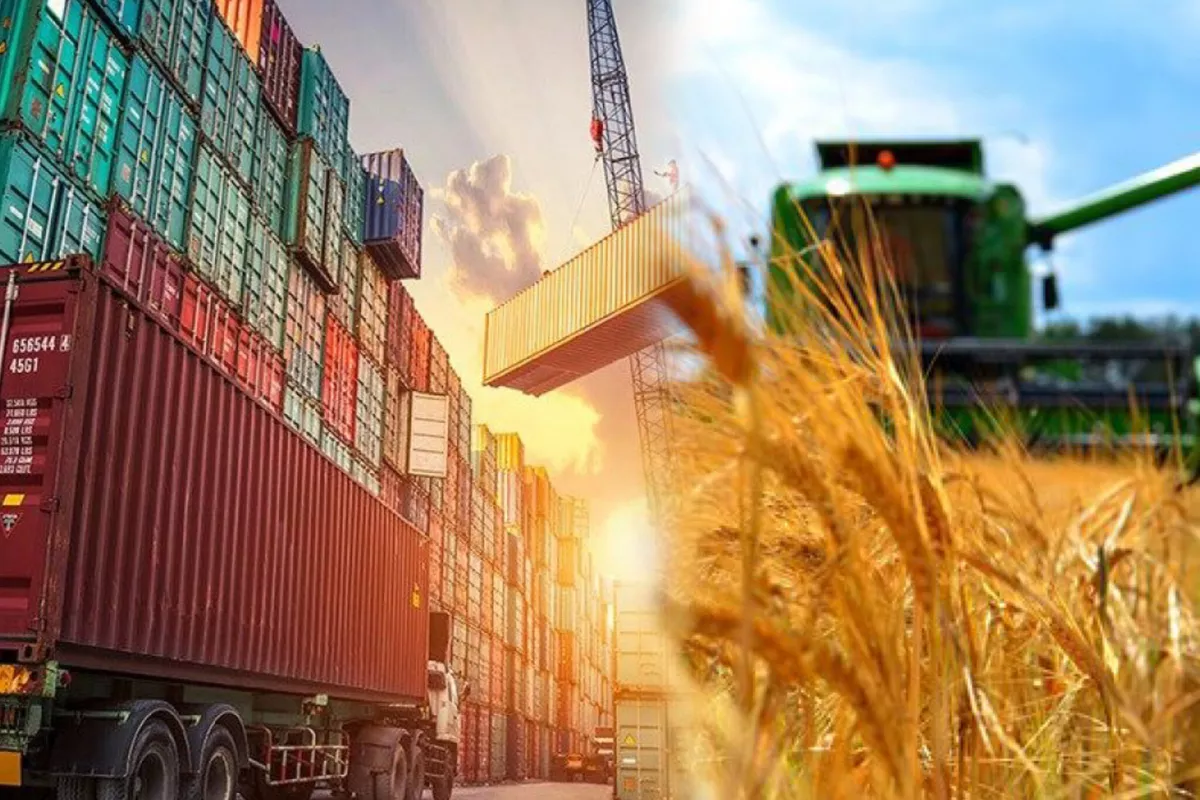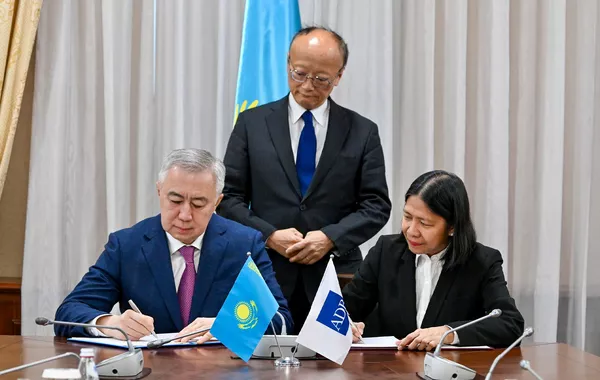
Kazakh Prime Minister Olzhas Bektenov has announced that agricultural exports are planned to be increased by 3.5 times by 2030.
Bektenov outlined the government’s ambitious strategy in response to a parliamentary inquiry, The Caspian Post reports per Kazakh media.
“To strengthen the agricultural sector’s potential, the government is implementing a comprehensive strategy aimed at boosting agro-industrial exports, raising the share of processed goods to 70 per cent, shielding the domestic market from external risks, and offering broad support to farmers,” Bektenov stated.
The prime minister noted that foreign trade activity is under constant surveillance. In the event of unexpected surges in imports or exports, or if potential risks to domestic supply arise, the Interdepartmental Commission on Foreign Trade Policy is empowered to introduce temporary bans, quotas, volume restrictions, or other non-tariff measures.
These trade controls, he added, are developed in consultation with industry experts and businesses, taking into account product safety, quality standards, socio-economic impact, market dynamics, and international trade obligations.
Bektenov highlighted that Kazakhstan’s food production reached 3.3 trillion tenge (approximately $6 billion) in 2023, reflecting a 2.9 per cent increase over the previous year. The output, he said, fully satisfies domestic demand for most essential food products.
As part of efforts to ensure food security, expand affordability, and strengthen the agro-industrial complex, the government is pursuing a wide range of systemic reforms and support mechanisms.
He also reported that 29 key food items are currently supplied to Kazakhstan’s domestic market through local production, covering between 80 per cent and 100 per cent of the nation’s consumption needs.
Share on social media
